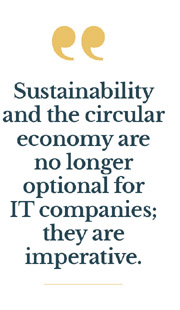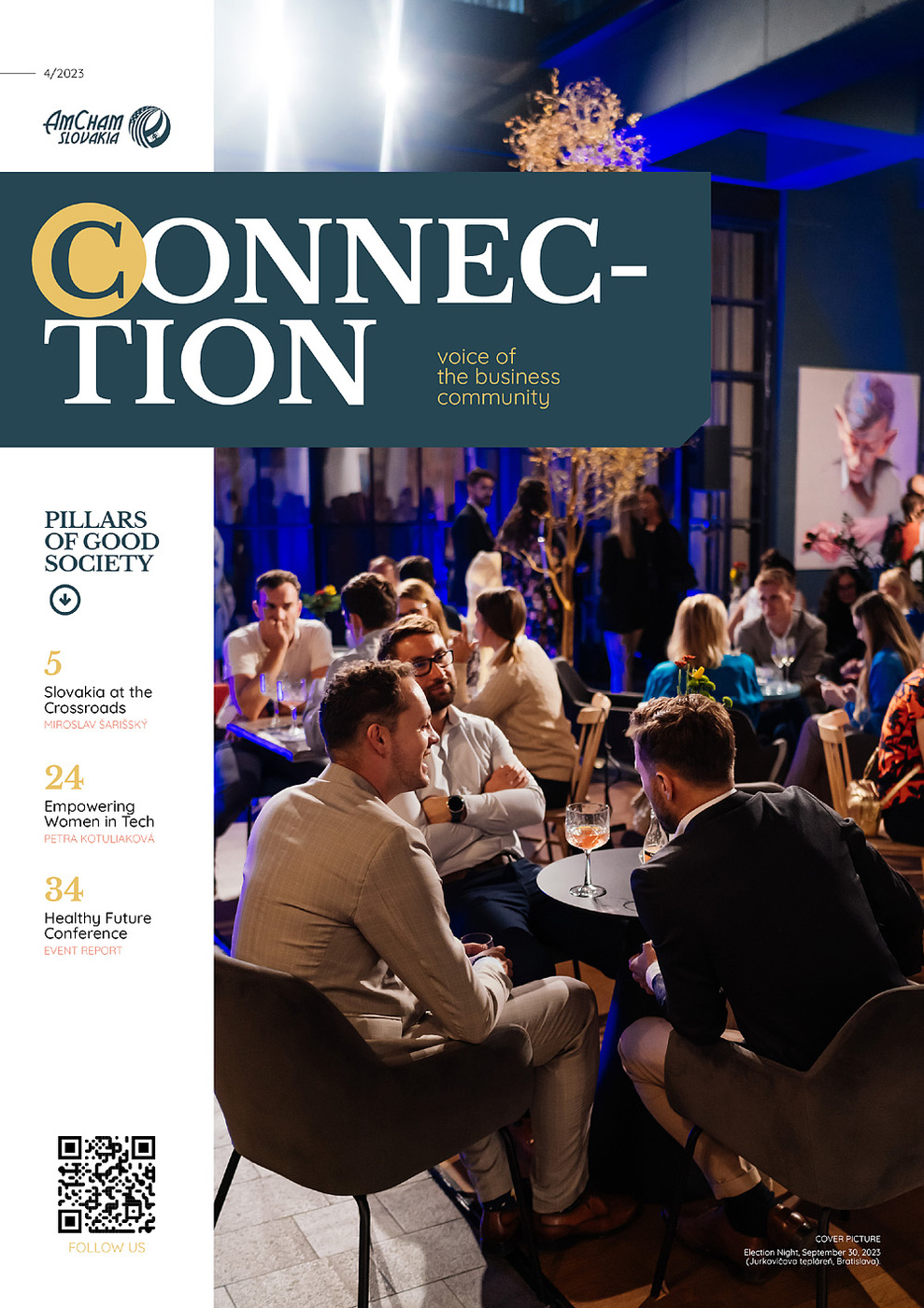1. Reducing E-waste
IT companies are known for their rapid innovation cycles, which often lead to the disposal of outdated electronic equipment. To combat this, we are focusing on extending the lifespan of our IT devices - laptops, monitors, keyboards, printers, etc. - through a repair and refurbishment program.
In 2022, our company (in partnership with AfB company), donated and reprocessed 1.935 pieces of IT and mobile equipment that didn’t end up in a landfill, saving 3.7 tons of electrical waste. By reusing IT devices, we reduced our carbon footprint by 220 tons.
We donated more than 500 laptops to schools, hospitals, and NGOs. In one year, we helped create 20 new computer labs in regional schools and universities. The numbers for 2023 are looking even better compared to last year. In this way, we are not only reducing e-waste, but also supporting the circular economy by reusing valuable components.
2. Cloud Computing
The cloud has revolutionized IT infrastructure, allowing for more efficient resource utilization. By consolidating data and applications in data centers, we can optimize server usage, leading to a reduction in energy consumption. Our company is also investing in renewable energy to power our data centers, further enhancing our sustainability.
 3. Energy efficiency
3. Energy efficiency
The energy demands of data centers are substantial. However, DTITSO is investing heavily in improving energy efficiency. This includes purchasing only 100% renewable energy from 2020 onwards, reducing the amount of energy consumed for heating, ventilation and air conditioning of offices. We have set the temperature to 20 degrees and reduced the air flow for ventilation.
We have reduced office space by almost 30% in terms of square meters, which equates to 900 workplaces. By the end of 2024, we plan to reduce office space by 50% of sqm compared to 2020. We have thus reduced the rent and maintenance costs of the building. These efforts not only reduce our carbon footprint, but also help us reduce operational costs.
4. Remote Work and Reduced Carbon Footprint
The shift to remote work, accelerated by the COVID-19 pandemic, has been embraced by many IT service companies. This reduces the need for commuting, which, in turn, lowers carbon emissions and supports sustainability goals. Remote work aligns with circular economy principles by reducing resource consumption associated with office spaces.
As part of our efforts to reduce our carbon footprint, in March of this year, we inaugurated and put into operation the first ten electric vehicle charging stations. At the same time, we are gradually replacing our car fleet with electric company cars. This gives our employees the opportunity to use the new electric cars and charge them directly at the charging stations that we operate.
In addition, our employees have the opportunity to rent electric scooters as well as classic bicycles. We believe that this move can help raise awareness of environmentally sustainable transport, motivate employees to consider their environmental impact and choose a more environmentally friendly alternative.
5. Green Procurement
Our IT company is increasingly selective in our supply chain choices, favoring suppliers that adhere to sustainable practices. By supporting environmentally responsible suppliers, we are indirectly contributing to a more sustainable and circular economy across our industry.
6. Employee Engagement
Sustainability initiatives are not limited to services and operations. We engage and involve our employees in sustainability efforts.
This year, our employees planted 401 trees in the High Tatras, reducing our carbon footprint by 4 tons. We also built a new ecosystem - a lake for frogs in a city park in Košice, helping to improve the environment for the benefit of the citizens in Košice. Our employees participated as volunteers who enthusiastically planted plants and improved the surroundings of the pond.
These days we are planning to place two textile recycling containers in our company premises, where not only our employees will be able to throw in old and unnecessary clothes, which will then be reused or recycled. This will help to reduce material consumption and CO2 emissions in textile production.
Moreover, DTITSO organizes awareness campaigns and events for our employees to promote energy saving and recycling, such as Earth Hour, Earth Day, World Environment Day, World Cleanup Day, European Mobility Week, etc.
In conclusion, sustainability and the circular economy are no longer optional for IT companies; they are imperative. By embracing these principles, Deutsche Telekom IT Solutions Slovakia not only reduces its environmental impact but also positions itself as a socially responsible company and meets the growing demand for environmentally conscious products and services. As technology continues to evolve, the IT sector’s commitment to sustainability ensures that progress doesn’t come at the expense of the planet.
Veronika Mesárošová, CSR manager, Deutsche Telekom IT Solutions Slovakia



Follow us